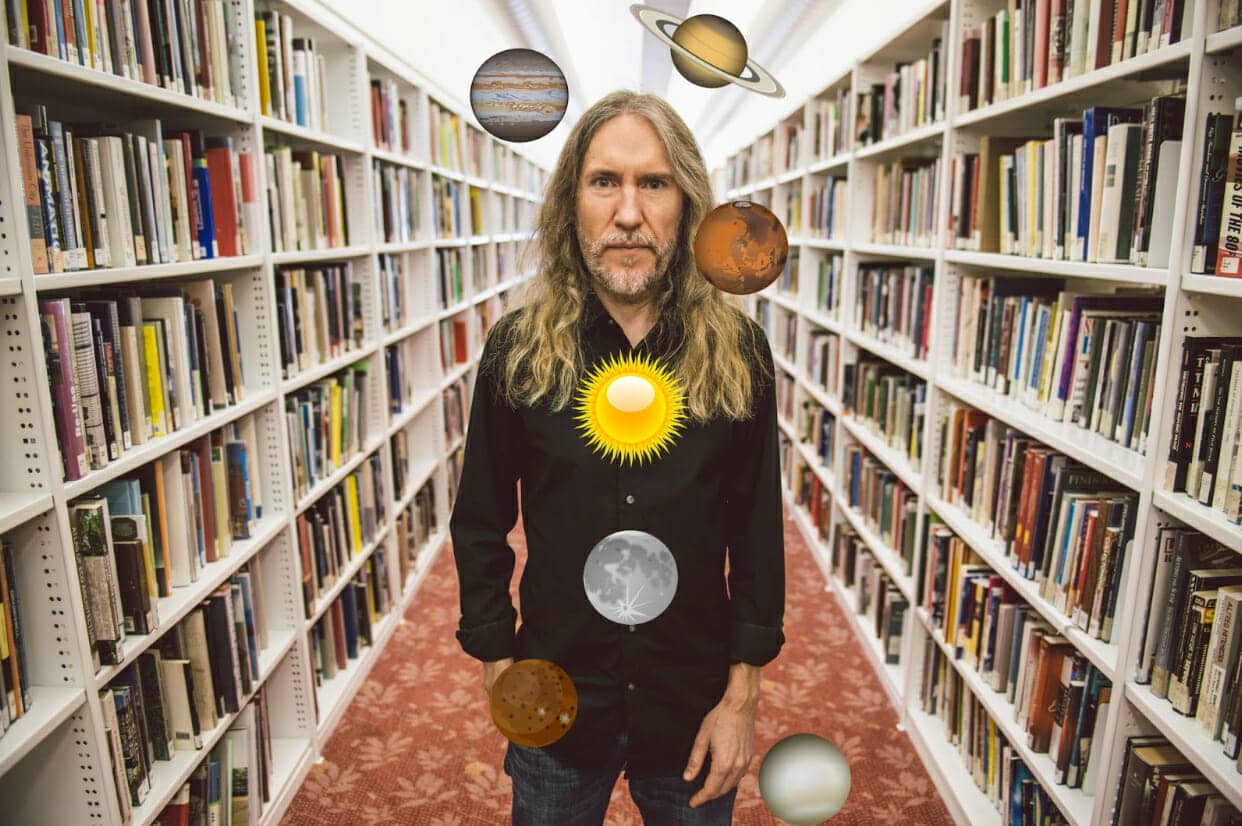Podcast: Download
Subscribe: Apple Podcasts | RSS

But some realms of the nursing knowledge she needed to master were much harder to learn.
Especially phlebotomy.
Rather than give up after struggling with one nursing exam in particular, Rose looked for more thorough memory techniques online.
When she found the Magnetic Memory Method, she dove in and did exactly as I suggested:
She modified the high-powered memory techniques I teach to her specific needs.
As a result, Rose took the exam she had previously failed again and scored 98.22%!
The best part?
On this episode of the Magnetic Memory Method Podcast, Rose shares her journey and her incredible success with you.
Even if you’re not studying to be a nurse yourself, I’m sure you’ll find her successes and experience-based insights into how to apply memory techniques to complex study topics useful.
Proper Mnemonics Make Mastering Tough Nursing Knowledge Much Easier
Phlebotomy is also known as venipuncture.
Although it appears simple enough, it involves a combination of semantic knowledge and procedural memory.
First, you have to know all the names of the veins. Then there are the steps involved. That’s not to mention the equipment names, like the cannula for drawing blood.
Of course, there’s still more to learn after all of that because phlebotomy is not just about drawing blood or knowing the order of the draw inside and out. You also have to know about intravenous therapy. For that, Rose also needed pharmacology knowledge.
Nurses like Rose also have to navigate situations involving electrolyte imbalances and that’s just scratching the surface of the medical terminology involved.
That’s why nursing mnemonics are so precious for medical professionals who want to succeed. And just one more reason I knew I needed to record this episode for you.
What’s Wrong With Most Mass-Market Memory Improvement Books?
Like many people who need to pass complicated exams, Rose went through other Memory Palace books before deciding to use the Magnetic Memory Method.
Why did none of the books she went through prove useful?
As I’ve discussed many times, most of them lack depth. Often they are written by memory competitors who have zero idea about what’s really involved in learning a complex topic. They’re especially ignorant when it comes to figuring out how to deal with advanced nursing topics.
My work, on the other hand, is much more informed. My first edition of my book on How to Learn and Memorize Medical Terminology as co-written with a doctor, for example. My full program also includes a guest video lesson with an actual doctor to help explain how he’s used the Memory Palace technique to memorize causes that underly symptoms.
That’s part of why Rose was able to succeed. There’s actual experience with applying mnemonics to learning medicine in my work. And where I haven’t got it myself, I bring in people who do from within my group of students.
The community aspect of my teaching is so important because sometimes students come up with ways to apply memory techniques that others can reproduce. I’ll talk briefly about one angle Rose found in the next section.
Rose’s Body Memory Palace Solution
As you’ll learn in this episode of the MMM Podcast, Rose combined mnemonic imagery with one of the most direct and powerful of all ancient memory techniques.
Giordano Bruno talked about using Statues in Thirty Statues. It was his solution to dealing with the “chaos” of information overwhelm.
I’ve even turned my own body into a Memory Palace to memorize the classical solar system of the Renaissance period in Italy.
But unlike the way Bruno used bodies with references to mythological figures, Rose went with highly memorable bodies from stage and screen.
She used dynamic figures like Columbo, the detective played by Peter Falk. And Clark Cable in one of his most iconic movie roles.
Although this simple solution helped Rose score 98.22% on her test, what happened next is where the truth path of memory mastery begins.
That’s because Rose immediately started teaching others, one of the most important parts of a learning cycle you can complete.
Episode Highlights
Amongst many things that impress me about Rose’s uptake of memory techniques for developing her nursing knowledge, she has also led such an interesting life!
Listen in as we discuss:
- The benefits of reading with momentum
- Rose’s past and previous goals with language learning
- The value of using libraries for better memory
- The incredible opportunities awaiting people who master their memory
No matter what topic you’re studying, memory techniques can help you study faster and retain more for the long-term.
If you’re completely new to the world of mnemonics. I suggest you start with the Memory Palace technique.
Here’s a free course you can take that makes it fun, easy and will start you off on solid ground.
Thanks for listening and if you’d like more of the Magnetic Memory Method Podcast, or just want to learn more about memory skills overall, check out the previous episode on overcoming learning plateaus.
Struggling to remember even the most complicated information is simply not necessary.
Related Posts
- Anastasia Woolmer on Memorizing Movement and Mastering Recall
Memory expert and memory athlete Anastasia Woolmer has mastered mnemonics. Listen to her discuss the…
- Mastering The Memory Demands Of Bitcoin And Cryptocurrency With Jonathan Levi
The topic of bitcoin and cryptocurrency places huge demands on your memory. Jonathan Levi and…
- 4 Powerful Nursing Mnemonics to Save Your Study Sessions
Tired of hunting down good nursing mnemonics for nclex? These mnemonics for nursing students give…





